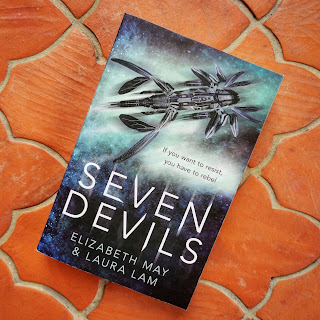Entirely Moon-set, it's narrated by Micko, a junior member of a family company (or "Binding Multiple", BM) charged with managing the affairs of his brother-in-law William's low temperature laboratory, the Ice Cave, which is teetering on the brink of an Absolute Zero breakthrough. With excess cooling capacity available, Micko's sister, and William's wife, Rho, brings a pet family history project from Earth: a mixed batch of cryogenically frozen heads from the early 21st century. While effectively dead meat, scientific advances convince Rho the heads can be "read", potentially opening a link to the great-grandparents who founded their BM. But the arrival of the heads triggers unexpected friction with other BMs, including strong pushback from the Moon's president, a member of a religiously-affiliated BM. Micko and the wider BM are caught off-guard by this hostility, until he guesses - correctly - whose head accompanies those of his great-grandparents, triggering revelations but with tragic consequences.
… And it's still excellent. Its length definitely keeps it punchy, but it's really impressive just how much Bear squeezes in. I've not even mentioned the Quantum Logic (QL) thinker - the AI controlling William's experiments - above, but its cool, alien pronouncements are a real joy. And I'm even more impressed on rereading just how vicious it is in its takedown of its thinly-veiled proxies for real-world Scientology. Bear's Logologists are transparently stand-ins for L. Ron Hubbard's cult, and he’s brutal in laying bare the reality of its formation and malevolent perpetuation.
If I had to criticise it at all, the denouement is a little raced-over compared to the preceding. But, otherwise, it stands the test of time, and is easily worth the hour or two needed to read it. It works both as a hard sci-fi yarn on Absolute Zero, and as a devastating strike on a vexatious and malign cult.




















